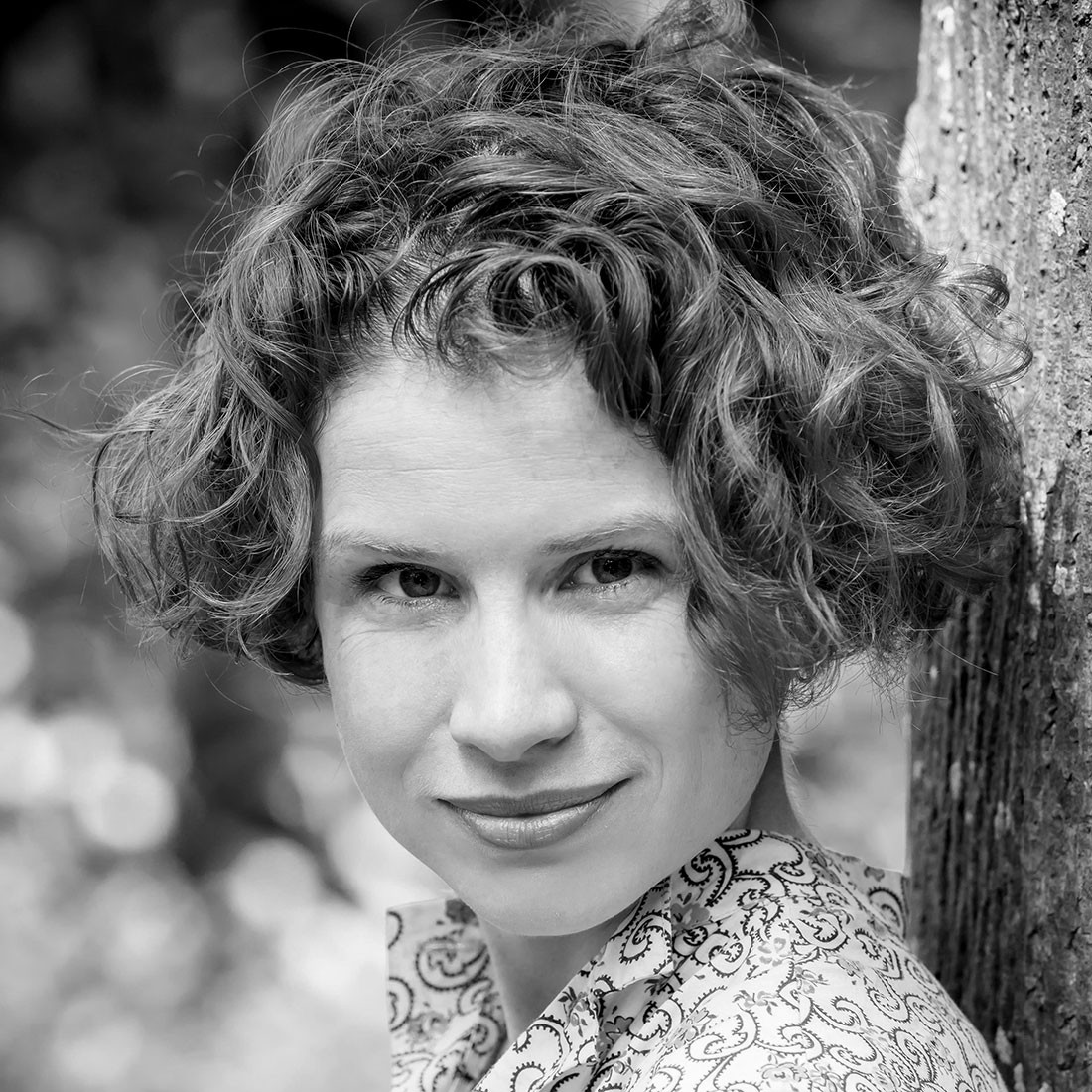Fiona Wright
Our interviewer, Kaye, caught up with Fiona Wright for a chat…
First, congratulations on winning the prestigious Kibble Award for your book, Small Acts of Disappearance. It is a compelling title for a courageous book. Can you tell us something about the process of writing the book?
Thank you – it was very exciting, and unexpected, to win the Kibble, but it really meant a lot to me, because it is a prize for life-writing, and I resisted, for a long time, writing about my life, both because I didn’t know how I could do it when I didn’t have a firm or stable sense of narrative around my illness, and because I didn’t think that it was important. The first issue I dealt with by reading and by experimenting – I read books like Joan Didion’s The Year of Magical Thinking and Leslie Jamison’s The Empathy Exams, both of which use non-linear, essayistic structures and combinations of theory and story, to talk about grief and pain and illness, and these helped me find a form. I wrote each essay without a clear sense of how it would relate to the book as a whole, and I think that freedom, for want of a better word, was important to the range of interests that eventually ended up within it.
You are well known as a critic and essayist but writing about one’s own life is a very public act. How did you find this aspect?
I think now that the only way anyone can write about their life, with honesty and complexity, at least, is by completely ignoring the idea of an audience until the writing is done. It’s too easy, otherwise, to get caught up in shyness or shame, or even in ethical questions, which can be paralysing – I try to write first, and then think about these implications later. But it’s also important that in writing about the self and personal experiences and stories you inevitably shape the person you present to the world, with far more control than you’re ever able to in life, so it isn’t necessarily as exposing as it seems.
As a reader with limited experience of this disease this book has completely turned around my understanding of what an eating disorder means. Have you had any responses from readers who have had personal experience with this or other similar disorders?
I have, and I’ve also heard a lot from readers who have someone in their life with an eating disorder, whom the book has helped them better understand – and that kind of thing means the world to me. I’ve actually been amazed by how many people have told me that they have struggled disordered eating at some stage in their life – these things are much more prevalent than we imagine, but they’re still so shrouded in silence and shame, we don’t talk about them nearly enough. I really wanted to book to shed some light on the things that drive the illness, because I think this is so poorly understood by the wider world – there’s still a sense that it’s all about vanity, that it’s a choice, something we’re doing to ourselves, and none of that is true.
The structure of the book, a series of essays, sits perfectly with the topic. It somehow mirrors the progressive and stepwise nature of the disease. How did you derive the structure?
The structure really came from opposition – I knew what I didn’t want to do, or couldn’t do, in that I didn’t want a linear progression or a false narrative or neat conclusion – and the essays allowed me to write in a more open away, to approach the subject matter from a number of different, and sometimes competing angles, rather than impose one single view. I was always interested in the ideas that drive hunger, rather than the way it progresses – and so the essays seemed like a natural fit.
By juxtaposing your own story with stories from literature, for me, as a reader, the treatment of the topic has been greatly expanded and, at the same time, normalized, or at least placed in a wider context. Can you tell us something about why you chose to do this?
I think my interest in looking at portrayals of hungry women in literature is linked to the work I’ve been doing, for some years now, with SWEATSHOP, the Western Sydney writers’ collective based in Bankstown. We’ve always had a strong interest in writing about Western Sydney, a place that is often maligned, and at the very least misunderstood, in mainstream literature and journalism, and writing about it from the inside, telling the stories that no-one else can. It’s a similar approach that I took with books like Cloudstreet and For Love Alone – examining the stories with an insider’s perspective, and looking for what rang true. I think anorexia in particular holds a strange fascination for many people, and I did want to demystify it in some sense, and understand the hold the illness has on popular imagination.
The book is a beautifully crafted as piece of literature. You are also an award-winning poet. Does writing poetry strongly influence how you approach writing prose, or are they completely separate acts.
I think there are many similarities between my poetry and prose – they’re both interested in place, and in small but telling details, and they’re both structured according to resonance and rhythm, although to different degrees. But they each involve a separate kind of thinking – poetry is intense and impressionistic, whereas writing prose is a much slower, more methodological kind of thinking, for me at least.
Finally, on a more personal note, what do you like to do to relax? How do you like to spend your days off?
Unsurprisingly, I love to read, and my favourite thing to do is lie in the sun with a coffee and a book and let the day drift by. That’s my idea of bliss.
Thank you very much Fiona. Looking forward to seeing you at the St Albans Writers’ Festival.


